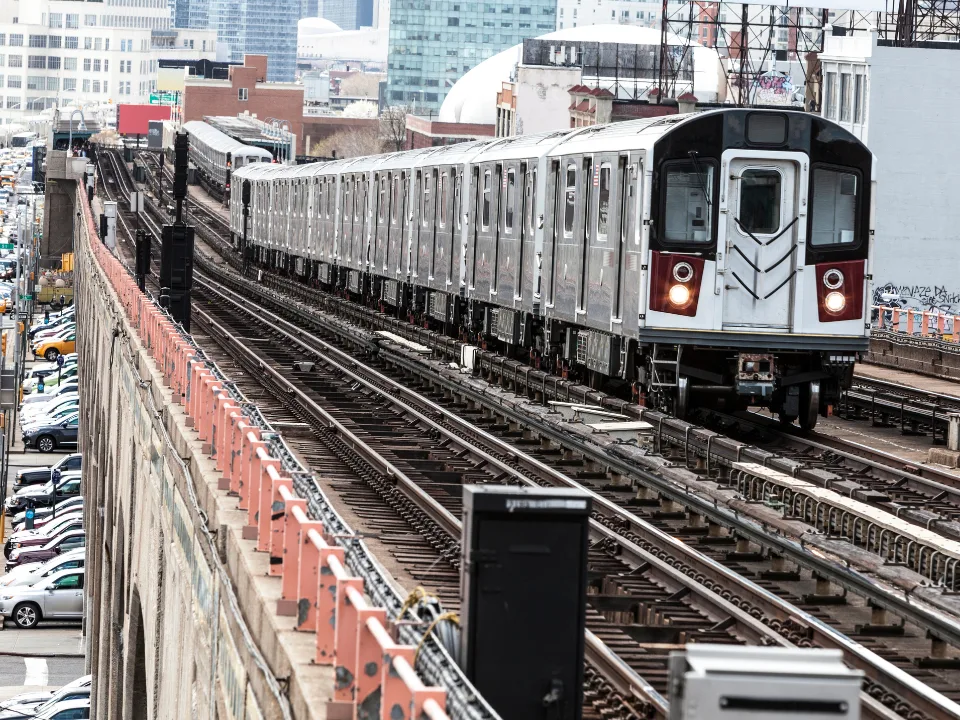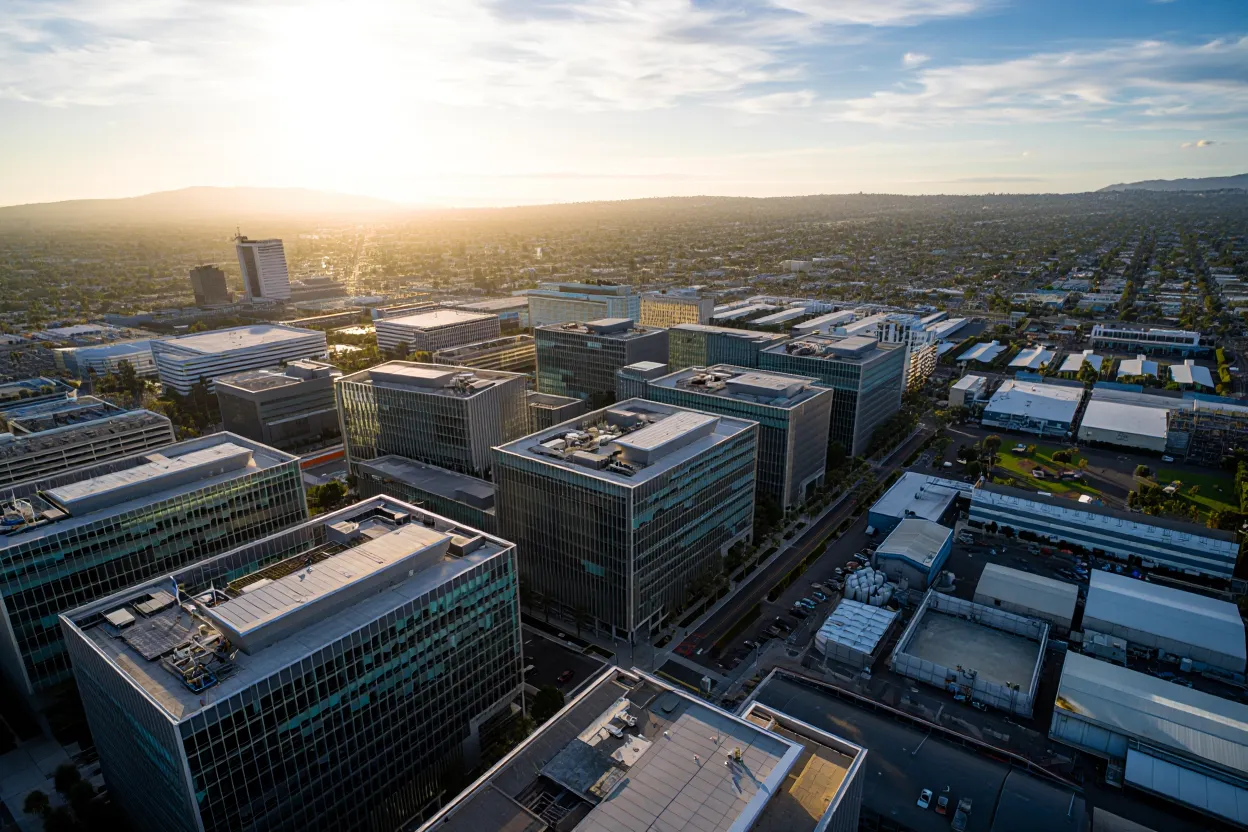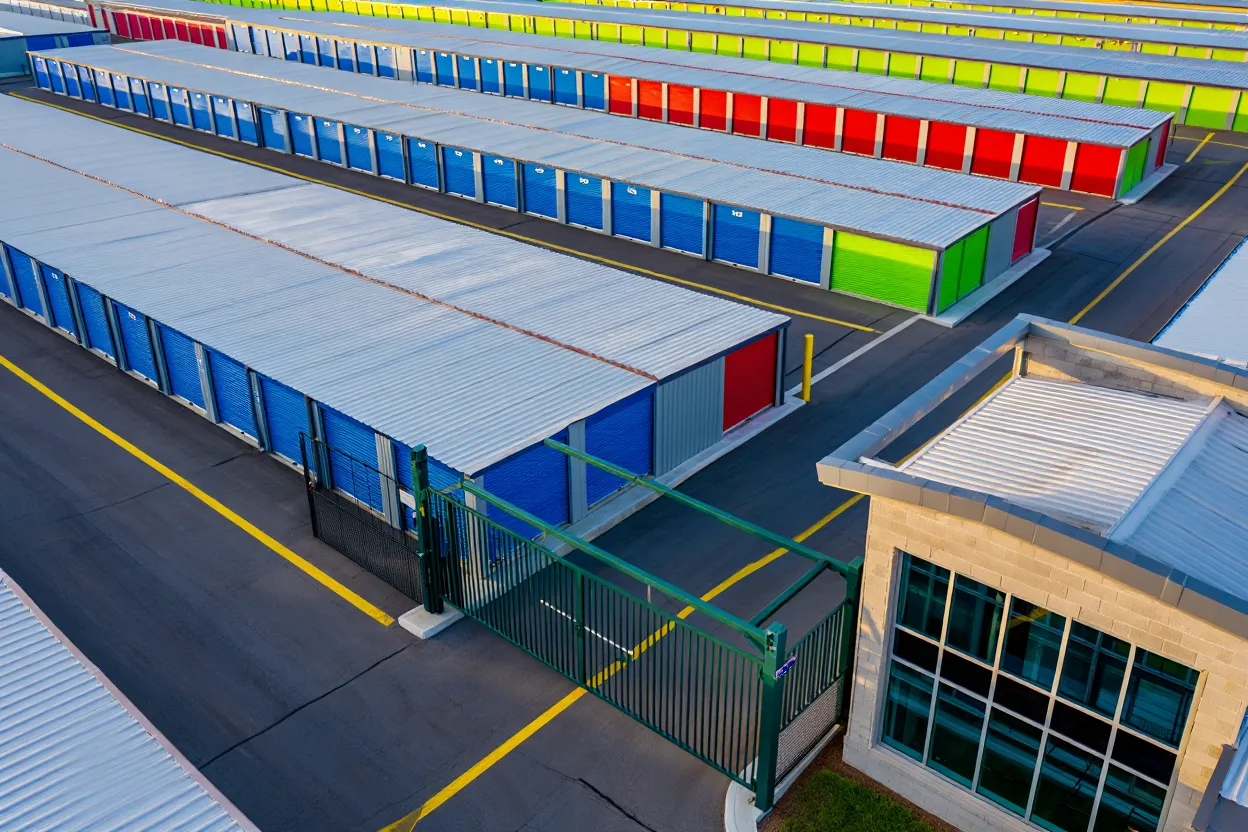- Thrive Living is developing a first-of-its-kind 800-unit affordable housing complex in Baldwin Village, Los Angeles, with a Costco store on the ground floor.
- The complex will include 184 affordable apartments, aiming to provide housing to lower-income residents in a historically underdeveloped area.
- The retail giant’s rent will reduce the need for government subsidies, potentially paving the way for more private sector-driven affordable housing models.
- Construction is expected to be completed by 2027, using off-site modular methods to speed up the process.
In Los Angeles, a novel approach to the affordable housing problem is taking shape—a towering 800-unit apartment complex on top of a Costco (COST).
Thrive Living plans to build the mixed-use development in South LA’s Baldwin Village. As WSJ reported, this development could serve as a blueprint for solving the city’s chronic housing shortage.
With the promise of low-income housing and a rooftop pool, this model aims to offer more than just a place to live but an integrated community for both local residents and, of course, Costco customers.
Big, Bold Vision
Thrive Living, led by developer Ben Shaoul, is aiming to break through California’s affordable housing bottleneck with this innovative project, slated to break ground in early 2025.
Unlike traditional affordable housing models that rely heavily on government subsidies, the inclusion of a Costco on the ground floor would generate revenue through retail rents, reducing the financial burden on public resources.
The development will feature 184 affordable units, with the remaining apartments at market rate. It will also be the first residential development in the US to incorporate a Costco store.
Local Economic Boost
Situated in Baldwin Village, a historically low-income area within South LA, the development could provide much-needed affordable housing in a region with a poverty rate significantly higher than the national average.
The project’s proximity to the high-demand Baldwin Hills area, known as the “Black Beverly Hills,” offers unique potential for revitalizing the neighborhood. For Costco, it also provides access to a dense urban market and a built-in customer base nearby.
Get Smarter about what matters in CRE
Stay ahead of trends in commercial real estate with CRE Daily – the free newsletter delivering everything you need to start your day in just 5-minutes
High-Profile Pilot Project
The relationship between Thrive Living and Costco could serve as a model for other affordable housing projects across the country. Shaoul estimates that the development will cost around $425M, with Costco’s rent helping to offset construction costs.
While Thrive is avoiding traditional government funding, such as the Low-Income Housing Tax Credit, which can delay projects, they plan to utilize California’s Assembly Bill 2011. This legislation fast-tracks approvals for mixed-use projects that meet affordability and labor standards.
Modular Makes Sense
Construction is expected to be completed by 2027. However, to accelerate the timeline, Thrive will also employ off-site modular construction. This approach allows the development to be built more quickly and efficiently than traditional methods.
The use of modular components also reflects the project’s innovative spirit, embracing new technologies to combat the housing crisis.
The Bigger Picture
The US affordable housing crisis is dire, with 3.7M units needed to meet current demand, according to Freddie Mac. Los Angeles, in particular, has struggled with rising homelessness and skyrocketing home prices.
Los Angeles Mayor Karen Bass, who supports the project, believes it’s a step in the right direction for tackling the city’s long-standing housing issues.
The innovative mixed-use development is a smart attempt to bridge the gap, offering affordable living spaces above a well-established ground-floor retail brand that many future owners might already shop at anyway.
What’s at Stake
If the mixed-use project proves successful, it could encourage other developers to explore similar hybrid models that combine residential spaces with retail or office buildings, reducing reliance on government funding while still addressing the needs of low-income households.
By utilizing private-sector partnerships (P3s) and creative financing methods, the project could also serve as a pilot for future housing developments across the country, helping address the severe housing shortage while restimulating underdeveloped urban neighborhoods.gh his employee communities like Snailbrook or the development of Starbase, Musk’s presence in Texas is also a calculated business and political move.
However, his relationship with local communities has been rocky. SpaceX’s environmental impact and legal challenges surrounding wastewater releases have led to tension with residents and community groups. Still, with that kind of money, Musk’s influence will only continue to grow.
















